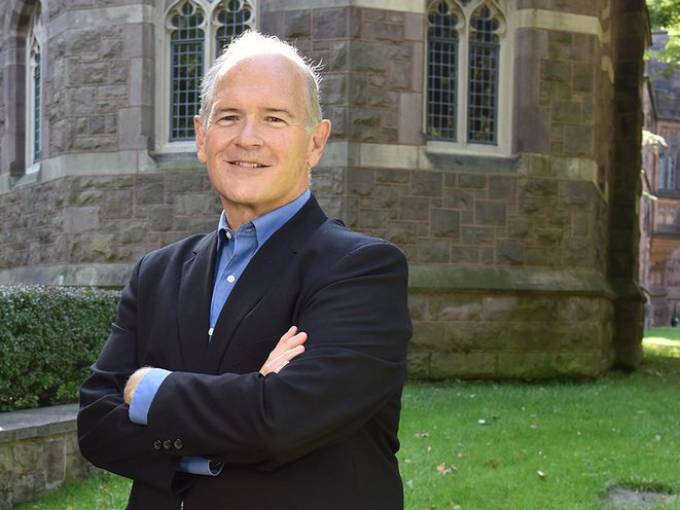Timed to coincide with the October 13 publication of Mad at the World, Bill Souder’s critically acclaimed life of John Steinbeck, the website IrishCentral’s repost of a 2002 profile of Steinbeck by the late Jim Dwyer serves to remind readers that Ireland, like California, came to love Steinbeck more in death than in life. A Pulitzer Prize-winning reporter and columnist for the New York Times, Dwyer—who died on October 8 at the age of 63—was described as the “conscience of New York” in an October 10 obituary by WNYC’s Jim O’Grady. Writing for Irish America magazine on the occasion of Steinbeck’s centennial, Dwyer drew from East of Eden, and a 1953 essay Steinbeck wrote about Ireland for Collier’s Weekly, to trace the Irish strain in Steinbeck’s self-mythologizing back to the Derry farming village of Ballykelly, birthplace of Samuel Hamilton, the semi-mythic grandfather who haunted Steinbeck’s imagination and the pages of his most autobiographical novel. “Beyond the clear lines of genealogy,” observed Dwyer, “there is the sensibility of a man who cherished the land, saw magic in places, and gazed without blinking at the brutality that closes the circle of farm life—much like Seamus Heaney, another son of Derry.”
Photo of Jim Dwyer courtesy of Princeton University.
This is the 500th post at SteinbeckNow.com since its founding seven years ago.—Ed.








